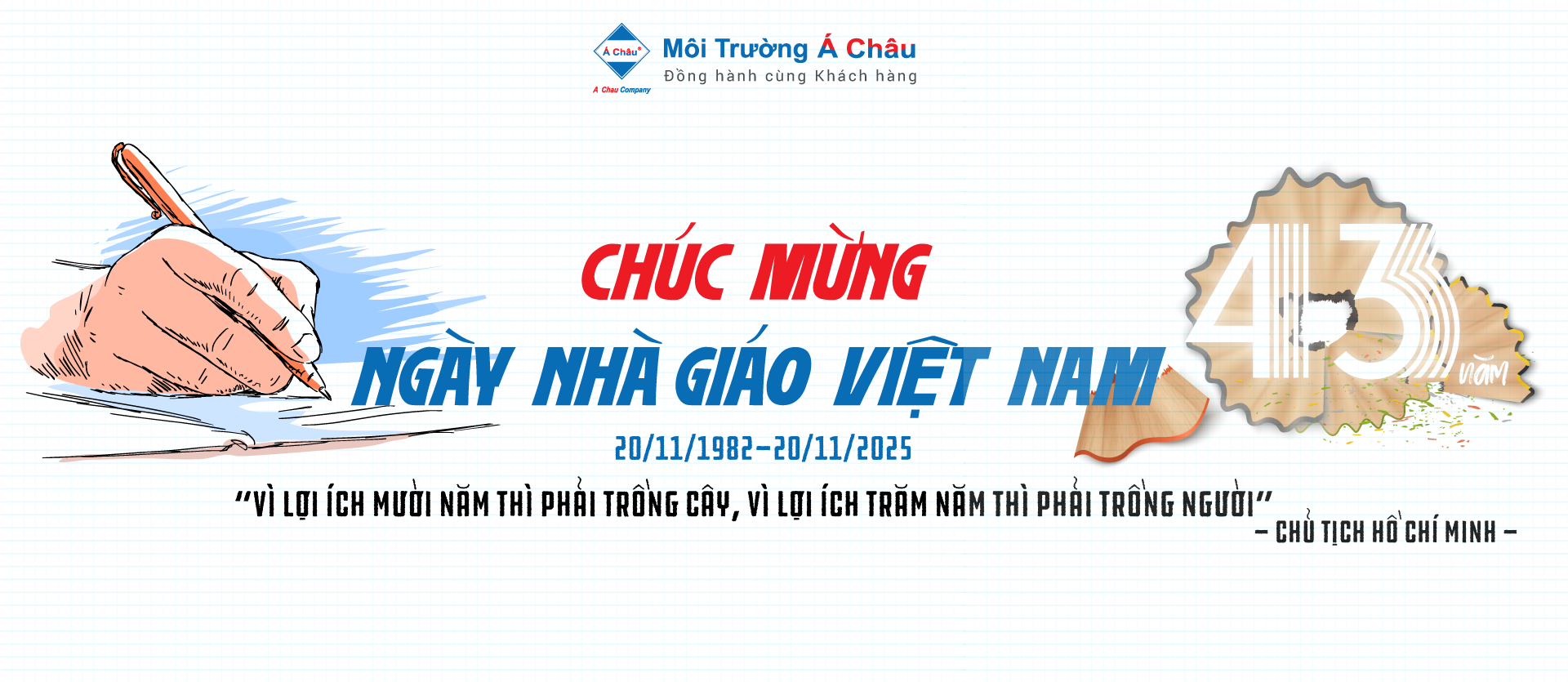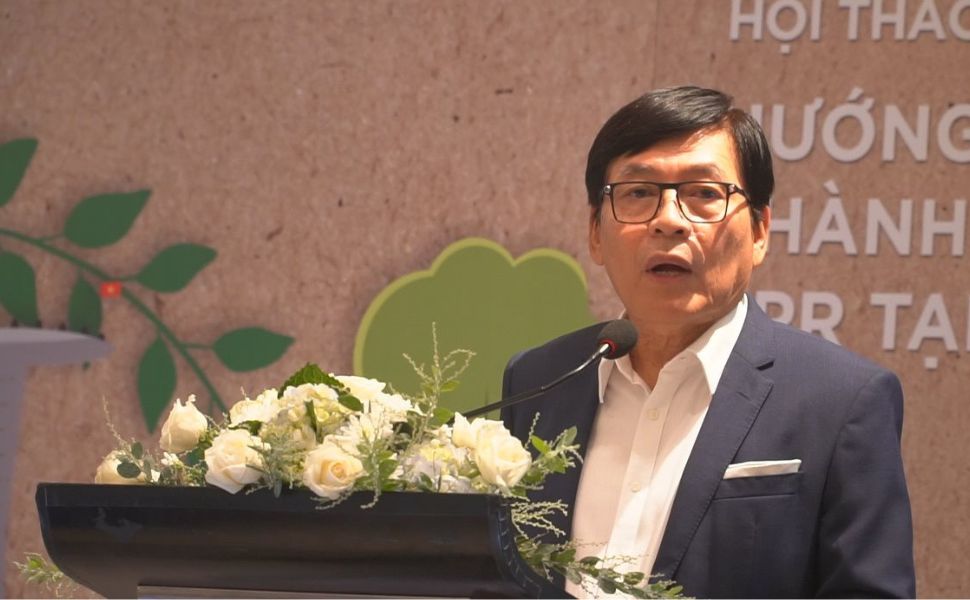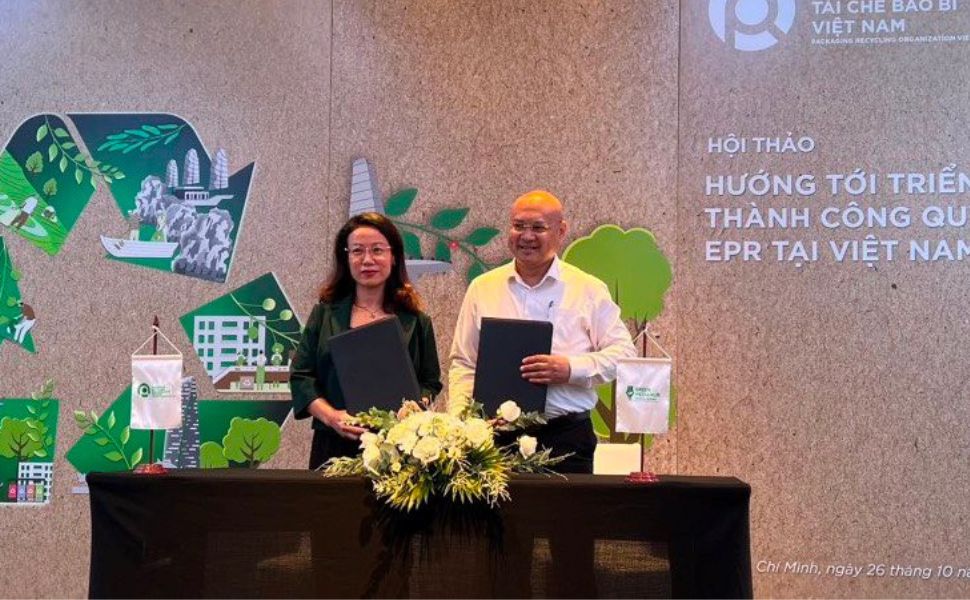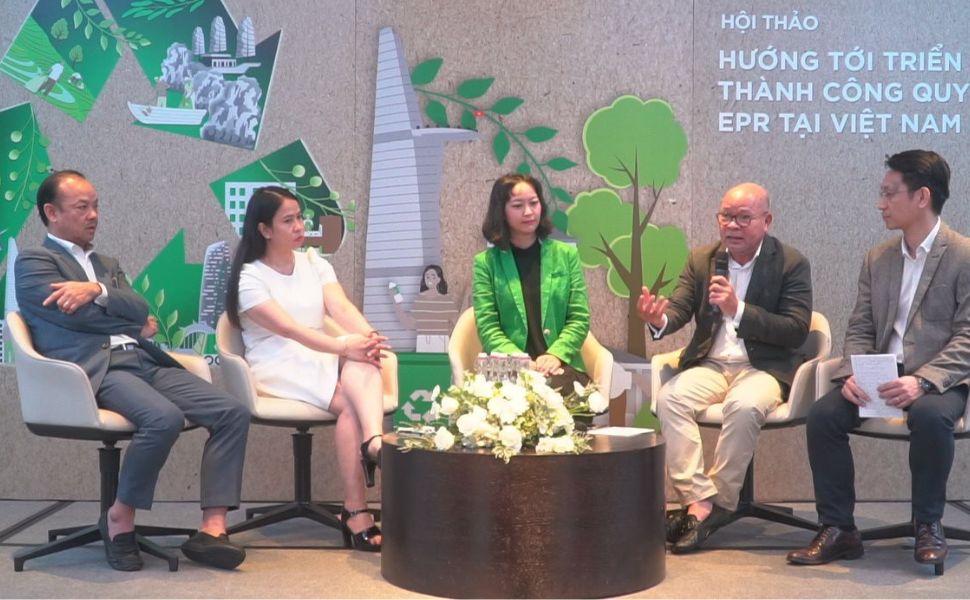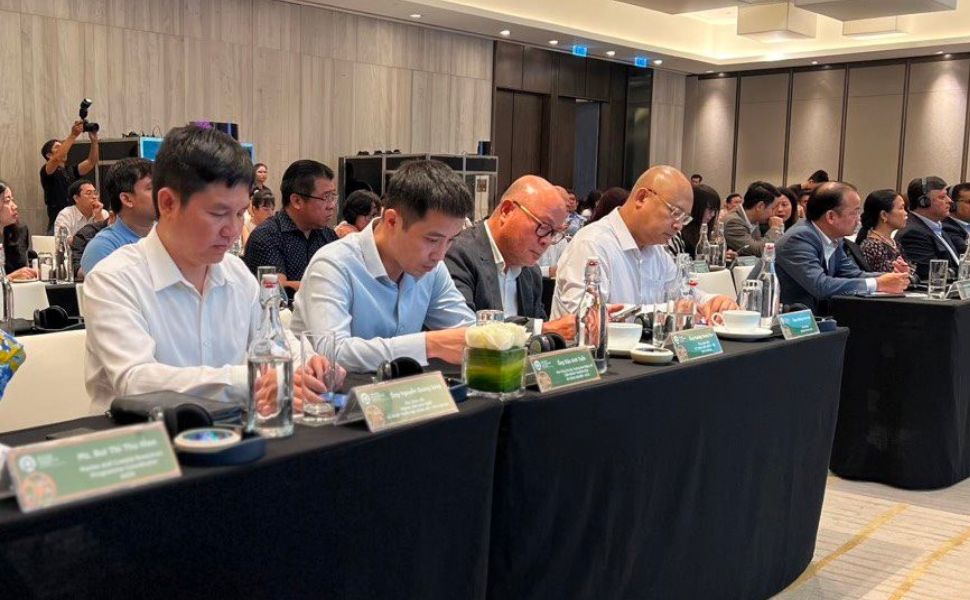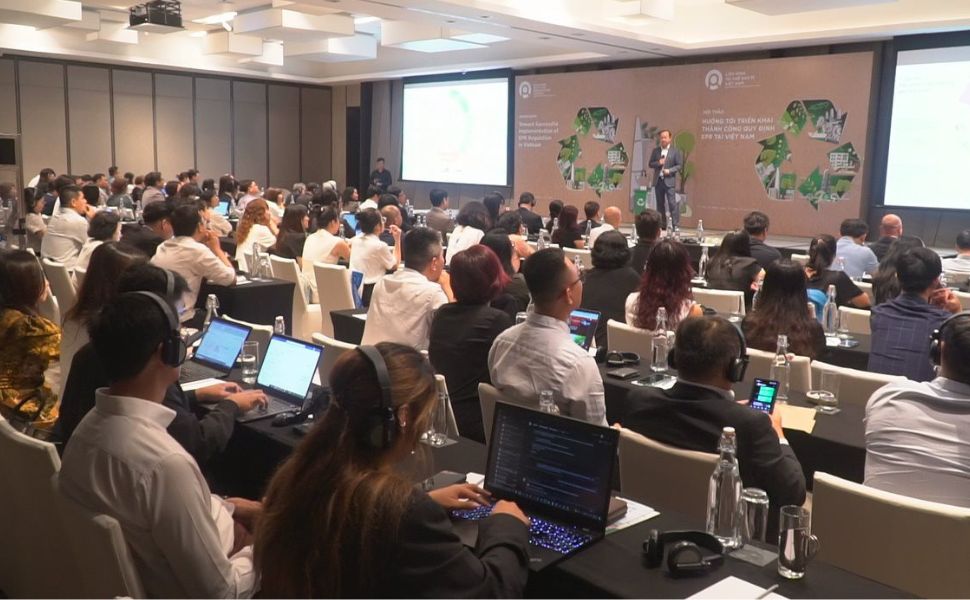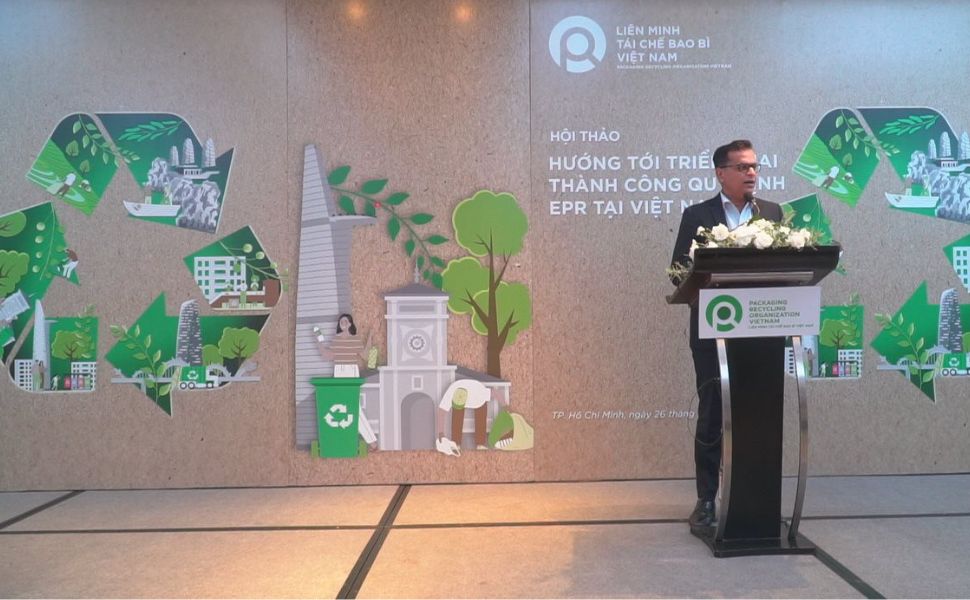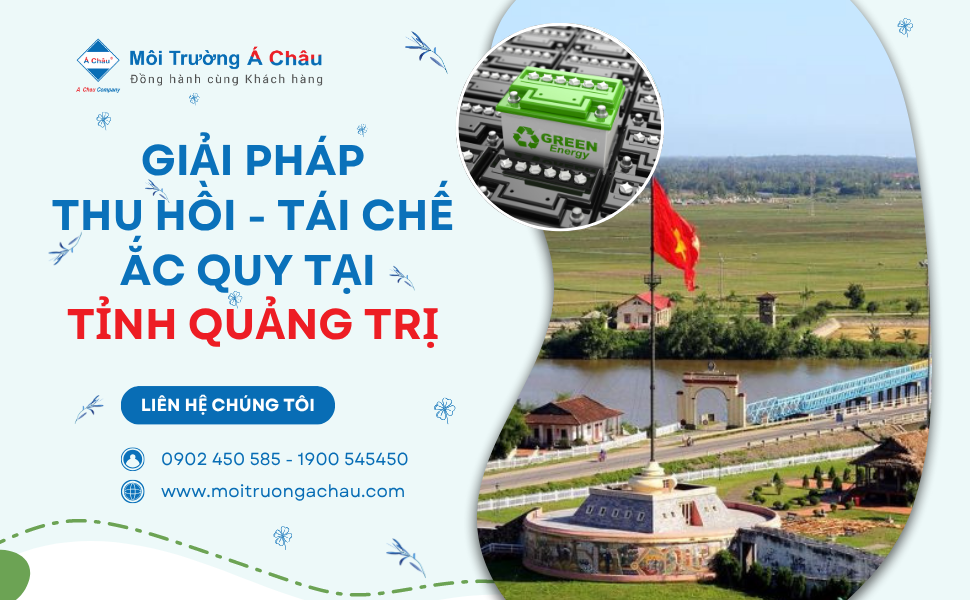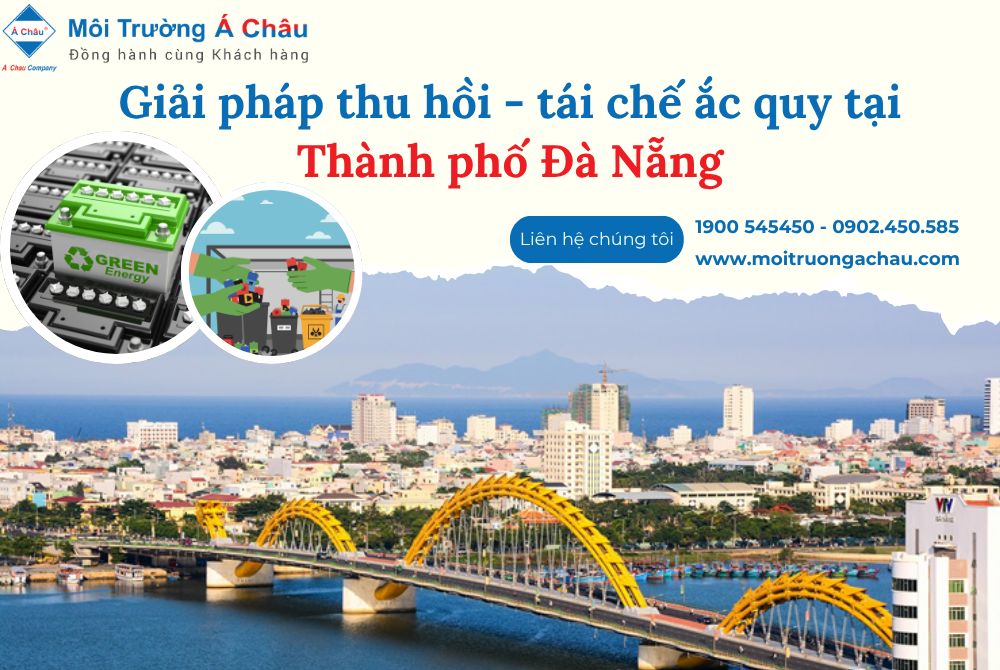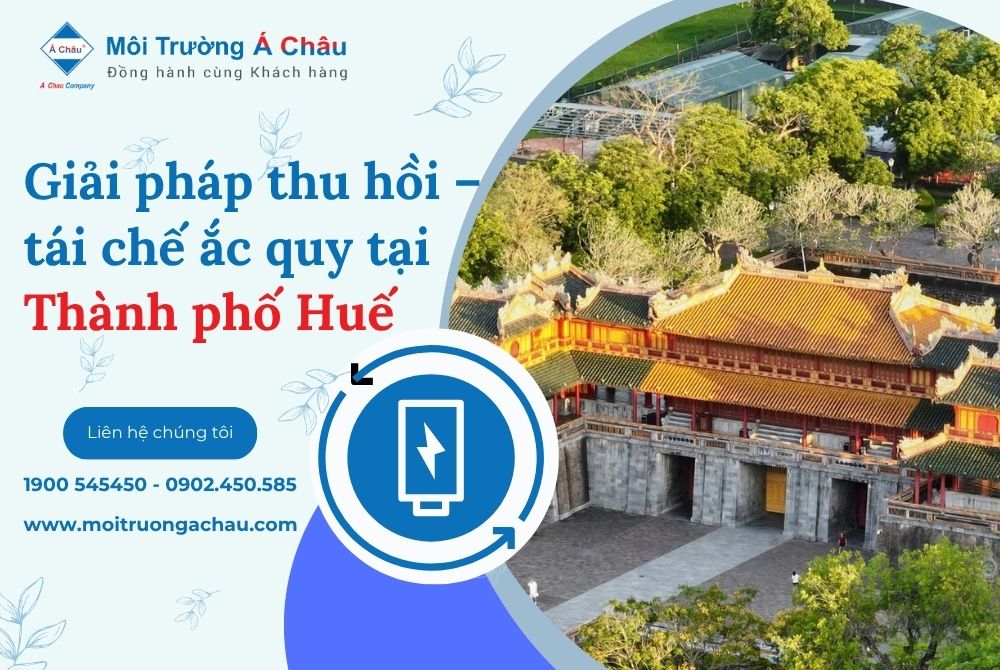Implementation of Extended Producer Responsibility (EPR) regulations in Vietnam
The Packaging Recycling Organization of Vietnam (PRO Vietnam) hosted a conference titled "Implementation of Extended Producer Responsibility (EPR) Regulations in Vietnam" on October 26 in Ho Chi Minh City. The lecture was presided over by PRO Vietnam Chairman Pham Phu Ngoc Trai.
Mr Nguyen Dinh Tho, Director of the Institute for Strategy, Resource Policy, and Environment (MONRE); Mr Hoang Manh Ha, Editor-in-Chief of the Natural Resources and Environment Newspaper and Chairman of the Green Development Press Club towards Net-Zero Carbon; Ms Nguyen Thi Thanh My, Deputy Director of the Department of Natural Resources and Environment (DONRE) in HCMC; Urban Environmental Companies, Waste Recycling Experts, and Representatives attended the Conference.
Communication plays an important role
Speaking at the Conference, Mr Pham Phu Ngoc Trai, Chairman of PRO Vietnam, said: The EPR Regulations will come into force from January 1, 2020, so the organisation of the Conference "Implementation of (EPR) Regulations in Vietnam" to contribute to the completion of how to effectively develop the collection system and recycling of packaging waste in Vietnam, along with the implementation solutions in the preparation and deployment of the EPR. This is an opportunity for all stakeholders to meet, exchange, and contribute ideas to implement EPR in Vietnam smoothly and effectively.
Mr. Pham Phu Ngoc Trai, Chairman of PRO Vietnam, appreciated the role of the press in the Green, Sustainable Development Trend.
According to Mr Pham Phu Ngoc Trai, Vietnam was one of the first nations in Southeast Asia to make the EPR tool a requirement of the Environmental Protection Law. The nation considers this a big step forward in preserving resources for future generations. Thus, pioneers have always done the most difficult labour.
"Implementing EPR in Vietnam certainly has many difficulties and challenges." However, with the support of government agencies, enterprises, and people and volunteer organisations like PRO Vietnam, EPR implementation will be successful and sustainable," Mr Trai stated.
Within the framework of the Conference, Mr Hoang Manh Ha, Chairman of Green Development Press Club towards NetZero Carbon - GREEN MEDIA HUB, Editor-in-Chief of Natural Resources and Environment Newspaper and Ms Chu Thi Kim Thanh, Operations Director of PRO Vietnam, signed a Memorandum of Understanding on a transmission growth strategy to promote Circular Economic and Green Development in Vietnam.
Phạm Phú Ngọc Trai said that, in the journey of implementing EPR in Vietnam, the role of press and media agencies is vital in creating awareness to change consumer behaviour, raise awareness of waste segregating at the source, etc. At the same time, creating resonance with the whole society contributes to improving efficiency in collection and recycling.
"PRO Vietnam values the role of media organisations in implementing EPR in Vietnam." "One of the most recent bright spots is that the Vietnam Journalists Association has allowed the establishment of the Green Development Press Club to accompany and disseminate policies and laws in the mission towards a Green - Clean - Beautiful Vietnam," Mr. Trai stated.
Experts and businesses discussed challenges and proposed waste and packaging processing solutions at the Conference.
Attention to waste segregation at the source
During the Conference, participants from waste treatment facilities and enterprises discussed and commented on how to implement EPR more successfully in Vietnam. According to Ms Nguyen Thi Hoai Linh, National Director of Action for Environment and Development in Vietnam (ENDA Vietnam), the current EPR Regulation in Vietnam is being developed. It is mainly determined by waste segregation at the point of origin by homes, companies, merchants, and consumers.
Delegates attending the Conference "Towards Successful Implementation of Extended Producer Responsibility (EPR) Regulations in Vietnam."
Furthermore, Ms Linh, the EPR Regulations would encourage the formation of professional recycling enterprises that compete directly with recycling facilities in craft villages or purchase or combine recycling facilities. More professional and powerful. The EPR Regulations will require recycling facilities to fulfil stricter legal requirements and standards. As a result, the management and operating processes become more solid and sustainable.
Mr Hoang Trung Son, Chairman of VPPA and General Director of Dong Tien Paper Company, discussed this at the Conference.
According to Mr Hoang Trung Son - Chairman of VPPA and General Director of Dong Tien Paper Company, currently, businesses are facing many difficulties because the waste collection system at establishments has not yet classified the source, so when taking it home, Recycling machines are very labour-intensive and time-consuming. According to estimated data, the total output of paper beverage cartons sold by brands to the Vietnamese market is about 100,000 tons/year. It has a recycling rate of less than 5%, which is shallow compared to The collection rate of all types of paper in general, which is nearly 48%. The current challenge in recycling is that recycling causes rapid equipment wear and tear and high maintenance costs. In addition, the fibre recovery rate is lower than conventional paper recycling, reaching a maximum of only 65%.
Mr Binu Jacob, Vice President in charge of External Relations of PRO Vietnam and General Director of Nestlé Vietnam, gave a closing speech on the morning of October 26.
"Investing in a segregation system at the source, collection infrastructure, and sorting centre should be prioritised in the coming years." Invest in developing a professional collecting system that combines segregating at the source. Furthermore, Mr Son advocated promoting the official sector's dynamic, innovative, and passionate position.
Ms Nguyen Thi Que Lam, Deputy Head of Environmental Technology and Quality Inspection Department - Ho Chi Minh City Urban Environment Company Limited (CITENCO), agreed, saying, "In Ho Chi Minh City, about 20-25% of wards, communes, and towns have implemented household waste classification at the source." However, the outcomes have fallen short of the targets since household garbage collection, transportation, and treatment remain dispersed and uncentralised.
CITENCO is currently developing a recycling garbage collecting network. Simultaneously, a station for purchasing recyclable rubbish from the home waste segregation program was created. CITENCO has also constructed a trash recycling plant. As a result, the station will buy rubbish separated into categories and segregate mixed scrap containing a significant amount of plastic."
Source: Ministry of Natural Resources and Environment
